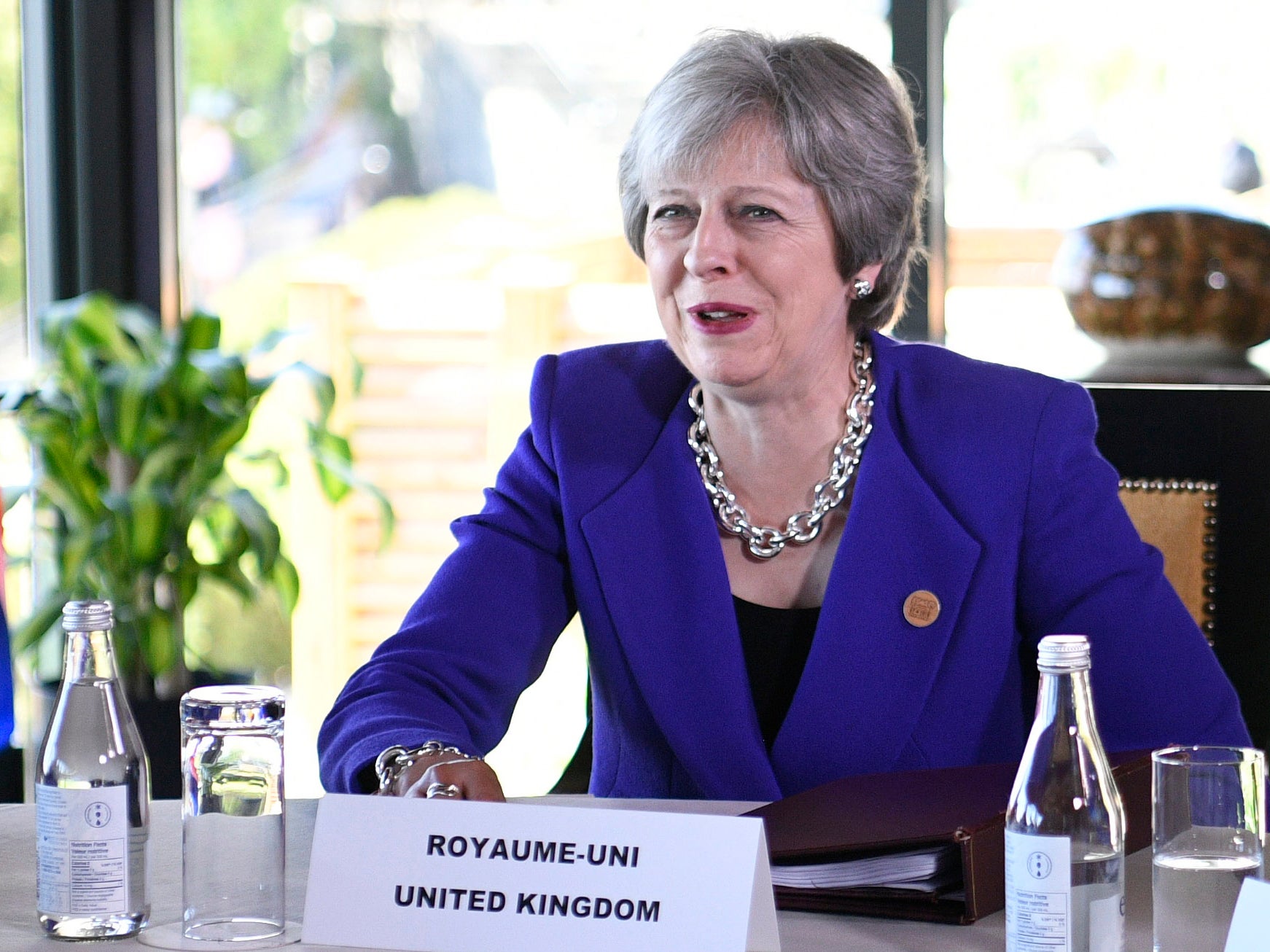Theresa May’s refusal to accept her responsibility for the Windrush scandal is shameful
The prime minister insisted in an interview with The Independent that the only problem with the ‘hostile environment’ policy was that some people were ‘mistakenly caught up’ in it – but that was the inevitable result

Perhaps Theresa May has a better understanding of her heartless policy on immigration than she pretends. When she was challenged in the House of Commons on the injustices suffered by so many members of the Windrush generation of Commonwealth citizens, she insisted that they are British and not the target of a crackdown on illegal immigrants.
We suspected that she knew perfectly well that it is not possible to separate the two issues. Of course, the purpose of her “hostile environment” policy is to discourage illegal immigration. But she knows that its inevitable effect is to cause the heartbreak of the Windrush victims.
If you create a hostile environment for illegal immigrants it means a presumption by officials against anyone with gaps in their documentation. It means making it hard for people who “are British”, as Ms May put it, to prove it, and it means preventing them from working or claiming benefits while they try to do so.
Which is why we are disappointed by the prime minister’s refusal to countenance a change to the hostile environment policy in an interview with The Independent on her trip to the G7 summit in Canada. She refused three times to say it should change, arguing all that was required was it for to be carried out more carefully so people are not “mistakenly caught up”.
This implies that the problem with the policy is its implementation, when it should be obvious that the whole point of it, to make life difficult for illegal immigrants, is bound to affect British people whose immigration status is unclear.
The only consolation for those who want a more humane approach to immigration is that the prime minister is barely in control of the government’s policy. Her hard rhetoric, with an unworthy eye to the punitive side of public opinion – “if you talk to members of the public, what they want to know is that we are dealing with people who come to the country illegally” – is already out of date.
Since the outcry over the Windrush cases, the Home Office has made the hostile environment less hostile. People whose attempts to confirm their status had been delayed and disbelieved for years suddenly found themselves issued with papers after short interviews – something a reasonable bureaucracy would have been capable of doing all along.
Sajid Javid, the new home secretary, refuses to use the “hostile environment” phrase, describing it as “non-British”. So the policy has been rolled back, quite rightly and reasonably, whatever the prime minister says.
Unfortunately, her stubborn refusal to admit that her policies as Mr Javid’s predecessor-but-one were misconceived makes it harder for him to move the juggernaut of his dysfunctional department in the right direction.
However, we should be grateful for the small mercy of the prime minister’s weakness and hope that Mr Javid succeeds in his attempts to bring good sense and compassion to other aspects of the immigration regime. He has, for example, been notably reluctant to commit himself to the government’s rigid and counterproductive target for net immigration of 100,000 a year. The sooner he prevails the better.
Join our commenting forum
Join thought-provoking conversations, follow other Independent readers and see their replies
Comments
Bookmark popover
Removed from bookmarks